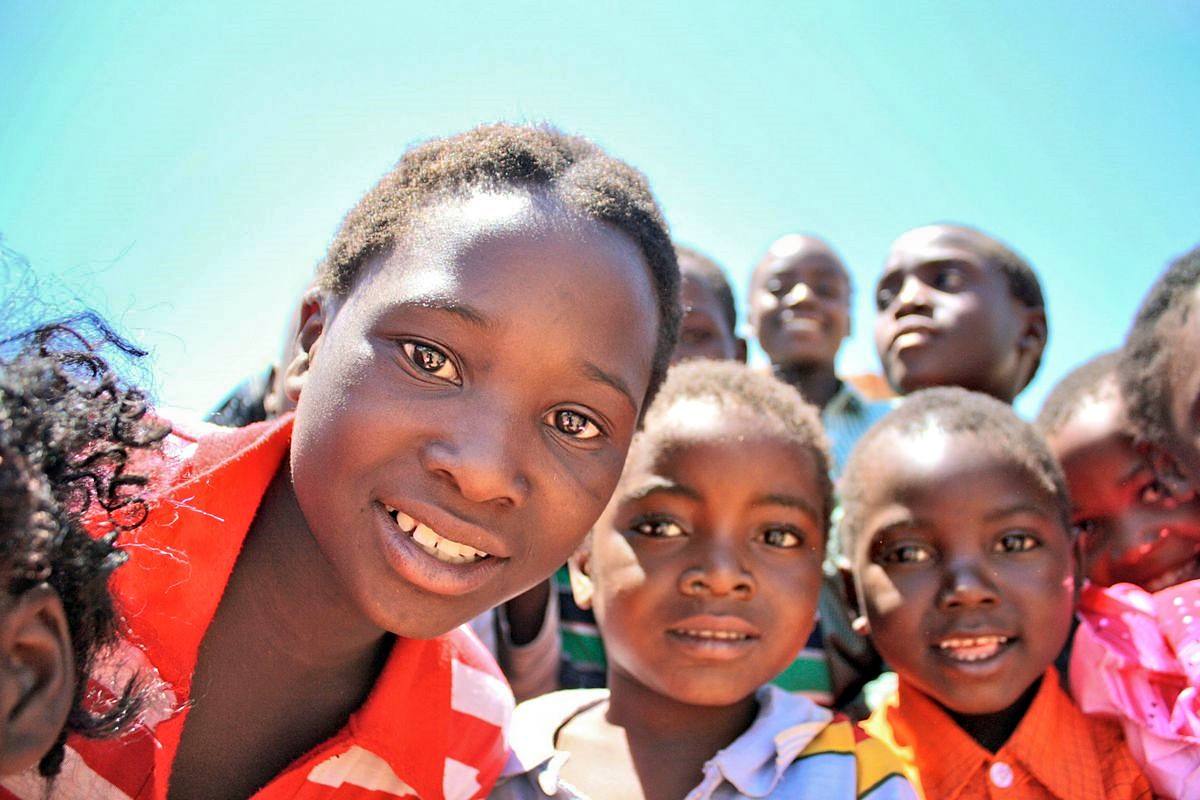🗣️ The age-old narrative of Africa’s debt crisis has long been oversimplified and mired in misconceptions. For years, the spotlight has been cast on China’s lending practices, painting them as the primary culprit behind the continent’s financial woes. However, a closer examination reveals a far more nuanced and multifaceted reality. 💰
As African nations navigate the intricate web of global finance, a chorus of voices is rising, challenging the long-held assumptions and shedding light on the true drivers of Africa’s debt predicament. From the complexities of Eurobond obligations to the role of Western private lenders, the discourse is undergoing a seismic shift. 🔎
🌐 The Eurobond Conundrum
While China’s lending practices have garnered significant attention, a substantial portion of Africa’s debt burden stems from a different source: Eurobonds. These international bonds, issued in currencies other than the domestic currency of the borrowing nation, have become a double-edged sword for many African economies. 💷
In the mid-2010s, a wave of African governments turned to Eurobond markets, lured by the promise of readily available financing. Nations like Kenya, Ghana, and Nigeria eagerly tapped into these markets, issuing 10-year bonds to fund their developmental aspirations. However, as these bonds approach maturity, the weight of repayment looms large. 💥
Kenya’s recent decision to borrow an additional $1.5 billion in Eurobond debt to repay a previous $2 billion loan exemplifies the precarious cycle many African nations find themselves in. As interest rates soar and local currencies fluctuate, the burden of servicing these obligations intensifies, casting a long shadow over economic stability. 🌪️
🇨🇳 Reframing the China Narrative
While the spotlight on China’s lending practices has been intense, a growing chorus of experts argues that this narrative is overly simplistic and fails to capture the true complexity of Africa’s debt landscape. 🕵️♀️
Figures from institutions like the Debt Management Office in Nigeria paint a sobering picture. Despite the rhetoric surrounding China’s alleged “debt trap,” the data reveals that Chinese debt accounts for a mere 7% of Nigeria’s total $68 billion public debt, a pattern mirrored in countries like Kenya and Ghana. 📊
Experts like Professor Tang Xiaoyang, chair of the Department of International Relations at Tsinghua University, emphasize that the current challenges stem not from any single lender but from the prevailing global economic conditions. High interest rates, a strong U.S. dollar, and declining local currencies have collectively conspired to exacerbate the debt burden, rendering investments less profitable and borrowing activities increasingly difficult. 💹
🌉 The Belt and Road Initiative: Adapting to a New Reality
As the Belt and Road Initiative (BRI) enters its second decade, it finds itself navigating a radically different landscape from its formative years. The “small and beautiful” era, characterized by a shift towards private investment and a greater emphasis on domestic priorities, has reshaped the initiative’s trajectory. 🛤️
Chinese policymakers have learned valuable lessons from the first decade of the BRI, recognizing the need for a more calibrated approach. The focus has pivoted towards quality over quantity, sustainability, and a broader consideration of social and environmental impacts. 🌳
This recalibration aligns with the evolving priorities of African nations, which increasingly seek not just financing but holistic solutions that foster local entrepreneurship, skill transfer, and environmental stewardship. The forthcoming Forum on China-Africa Cooperation (FOCAC) summit is expected to reflect this shared pursuit of “quality,” moving away from the headline-grabbing loan commitments of past gatherings. 🤝
🚀 Charting a Path Forward: Innovation, Sustainability, and Shared Prosperity
As the FOCAC summit approaches, the stage is set for a paradigm shift in the China-Africa relationship. Rather than dwelling on past missteps or succumbing to reductive narratives, the focus is shifting towards forging a future rooted in innovation, sustainability, and shared prosperity. 🌳💡
African nations are increasingly vocal about their aspirations for industrialization and modernization, aligning with China’s messaging around alternative pathways to development. This convergence presents an opportunity for multifaceted collaboration, where African nations can leverage Chinese expertise and investment to fuel their own economic transformation. 🏭
Concurrently, China’s emphasis on “quality” opens doors for joint ventures that prioritize technological advancement, environmental protection, and the cultivation of local talent. By fostering an ecosystem of knowledge exchange and capacity building, the China-Africa partnership can transcend the transactional nature of past engagements, paving the way for a more equitable and sustainable future. 🌱
As the global economic landscape continues to evolve, the challenges facing Africa’s debt situation will undoubtedly persist. However, by embracing a nuanced understanding of the underlying factors and fostering a spirit of mutual learning and cooperation, Africa and China can chart a course towards shared prosperity, leaving behind the entrenched narratives of the past. 🌍✨
Copyright © 2025 Hea1th.net

